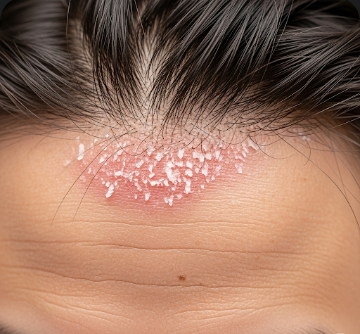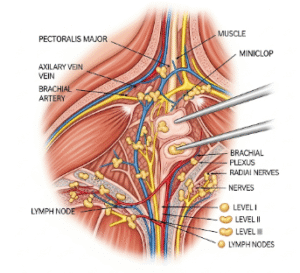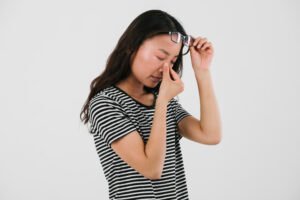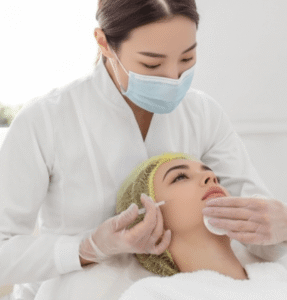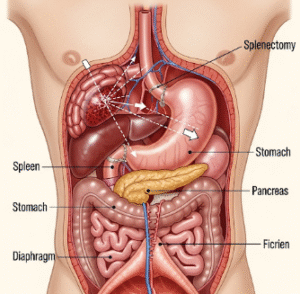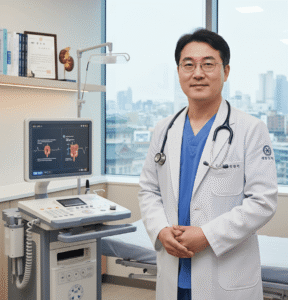Overview
A dry scalp is a common condition that causes itching, flaking, and general discomfort on the head. It occurs when the scalp loses its natural moisture or when the skin barrier is compromised. While it is usually mild, persistent dryness can affect confidence, lead to irritation, and sometimes contribute to hair problems. In Korea, dermatology clinics and specialized hair care centers offer advanced treatments to manage and prevent dry scalp effectively.
Highlights:
➤ Common issue – Affects people of all ages
➤ Seasonal impact – More common in winter or dry climates
➤ Chronic vs. temporary – Can be short-term or long-lasting depending on underlying causes
Key Facts
➤ Prevalence: Dry scalp is widespread worldwide, especially in areas with low humidity or during cold seasons.
➤ Age group affected: Children, adults, and the elderly can all be affected, though aging can exacerbate dryness.
➤ Gender: Both men and women are equally affected, though certain hormonal or skin conditions may increase risk.
➤ Impact: Persistent dryness can cause itching, flaking, irritation, and can even affect hair health.
What is Dry Scalp?
Dry scalp occurs when the scalp skin loses moisture or the natural oils that keep it healthy. Unlike dandruff caused by fungus, dry scalp is primarily a moisture deficiency issue, although it can coexist with other scalp disorders. The skin on the scalp is sensitive and requires proper hydration to maintain its protective barrier.
Highlights:
➤ Mild dryness: Itching, small flakes
➤ Progressive dryness: Redness, irritation, larger flakes
➤ Underlying conditions: Seborrheic dermatitis, eczema, psoriasis can worsen dryness
What Symptoms Are Related to Dry Scalp?
➤ Itching: Mild to intense, often worsened by scratching
➤ Flaking: Small, white flakes that may fall onto shoulders
➤ Redness or irritation: Inflamed areas due to scratching
➤ Tightness or discomfort: Feeling of tight, uncomfortable skin
➤ Hair issues (secondary): Dry scalp can contribute to brittle hair or breakage
What Causes / Possible Causes
➤ Environmental factors: Low humidity, air conditioning, cold weather
➤ Skin conditions: Eczema, psoriasis, seborrheic dermatitis
➤ Improper hair care: Over-washing, harsh shampoos, chemical treatments
➤ Aging: Reduced sebum production leads to drier scalp
➤ Allergies or sensitivities: Reaction to hair products or dyes
➤ Health conditions: Thyroid disorders or malnutrition may worsen dryness
Highlights:
➣ Combination of internal (skin health, hormones) and external (environment, hair care) factors often triggers dry scalp
➣ Chronic scratching can damage the scalp barrier, leading to further irritation
When Should I See My Doctor?
➤ Persistent dryness: Symptoms last more than two weeks despite proper care
➤ Severe itching or pain: Could indicate an infection or inflammatory scalp disorder
➤ Crusting, oozing, or pus: Signs of bacterial or fungal infection
➤ Hair loss: Excessive hair shedding along with dryness may require evaluation
➤ Unresponsive to home care: Chronic or worsening conditions need professional assessment
Highlights:
➣ Dermatologists in Korea provide accurate diagnosis and customized treatment
➣ Early intervention prevents secondary complications like infection or hair damage
Care and Treatment
➤ Moisturizing scalp: Use gentle, hydrating shampoos and conditioners designed for dry scalp
➤ Avoid harsh products: Limit sulfates, alcohol-based tonics, or strong chemicals
➤ Proper washing routine: Avoid over-washing; rinse thoroughly to remove product residue
➤ Scalp massage: Stimulates blood flow and improves natural oil production
➤ Humidifiers: Maintain indoor humidity, especially in winter
➤ Healthy diet: Include omega-3 fatty acids, vitamins, and adequate hydration
Highlights:
➣ Consistency in scalp care is crucial to prevent recurrence
➣ Avoid scratching, which can lead to irritation or infection
Treatment Options in Korea
Medical Treatments:
➤ Prescription shampoos or ointments: Medicated shampoos containing salicylic acid, ketoconazole, or corticosteroids for inflammation
➤ Topical treatments: Moisturizing creams or anti-inflammatory gels
➤ Allergy management: Antihistamines or anti-allergic scalp products if caused by contact reactions
Advanced Procedures:
➤ Laser therapy or phototherapy: For severe seborrheic dermatitis or psoriasis
➤ PRP (Platelet-Rich Plasma): May support scalp and hair health in chronic cases
Rehabilitation & Follow-Up Care:
➤ Combination of dermatology and trichology ensures proper scalp and hair health
➤ Regular follow-ups help monitor treatment effectiveness
➤ Education on scalp hygiene and hydration prevents relapse
Highlights:
➣ Korea offers specialized hair and scalp clinics with advanced technologies
➣ Treatments are personalized based on severity, underlying cause, and patient lifestyle
Summary:
Dry scalp is a prevalent condition that can lead to discomfort, itching, and visible flaking. Identifying the root causes, consistent care, and access to professional treatment—especially in Korea—can restore scalp health, relieve symptoms, and prevent recurrence. Proper moisturizing, gentle hair care, and advanced medical interventions ensure that the scalp remains healthy, comfortable, and free from irritation.

